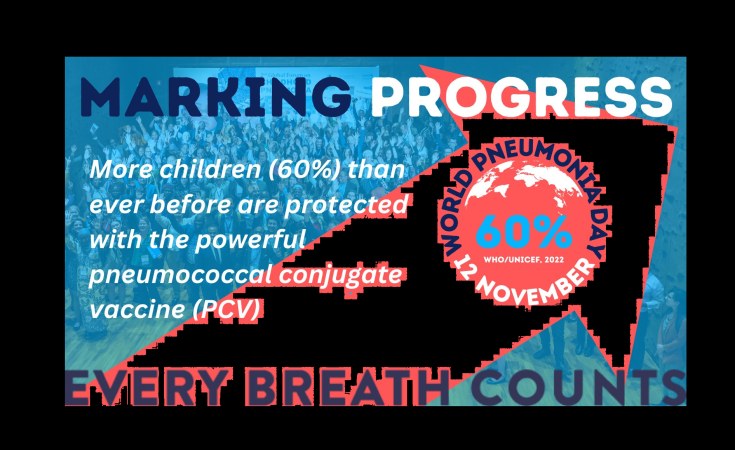Pneumonia is a serious lung infection characterized by inflammation of the air sacs (alveoli) in one or both lungs, which can fill with fluid or pus. This condition can make breathing difficult and may range from mild to severe, sometimes requiring hospitalization. 1 2 3
Causes of Pneumonia
Pneumonia can be caused by various infectious agents, including:
Bacteria: The most common cause in adults is Streptococcus pneumoniae. Bacterial pneumonia often follows a viral respiratory infection and can be more severe than other types 3 4
Viruses: Responsible for about one-third of pneumonia cases, viral infections such as influenza and respiratory syncytial virus (RSV) are particularly common in children under five 2 5
Fungi: Fungal pneumonia is less common and typically occurs in individuals with weakened immune systems. It does not spread from person to person 3 5
Pneumonia can also be classified based on its acquisition:
Community-acquired pneumonia (CAP): Acquired outside of healthcare settings.
Hospital-acquired pneumonia (HAP): Occurs during hospital stays and can involve more resistant bacteria.
Aspiration pneumonia: Results from inhaling food or liquids into the lungs, often seen in people with swallowing difficulties 4 5
Symptoms
Symptoms of pneumonia can develop gradually or suddenly and may include:
Coughing that produces mucus (which may be yellow, green, or bloody)
Chest pain that worsens with deep breaths or coughing
Shortness of breath
Fever, chills, and sweating
Fatigue and loss of appetite
Confusion, especially in older adults as articles 2 3 6
Common symptoms can vary based on age:
Infants may show no symptoms but could exhibit vomiting or lethargy.
Older adults might experience milder symptoms or confusion rather than classic signs 4 5
Diagnosis and Treatment
Diagnosis typically involves a physical examination, and patient history, and may include chest X-rays or blood tests to confirm the presence of infection. Treatment depends on the cause:
Bacterial pneumonia is usually treated with antibiotics.
Viral pneumonia may not require specific antiviral treatment but supportive care is essential.
Fungal pneumonia requires antifungal medications 3 4 5
Most people recover from pneumonia within two to four weeks, but certain populations—such as infants, older adults, and those with existing health conditions—are at higher risk for complications and may need hospitalization 6
This content is via Perplexity AI, asking What is Pneumonia? Perplexity AI cites the sources of its answer/s with numbered links to the original content.


